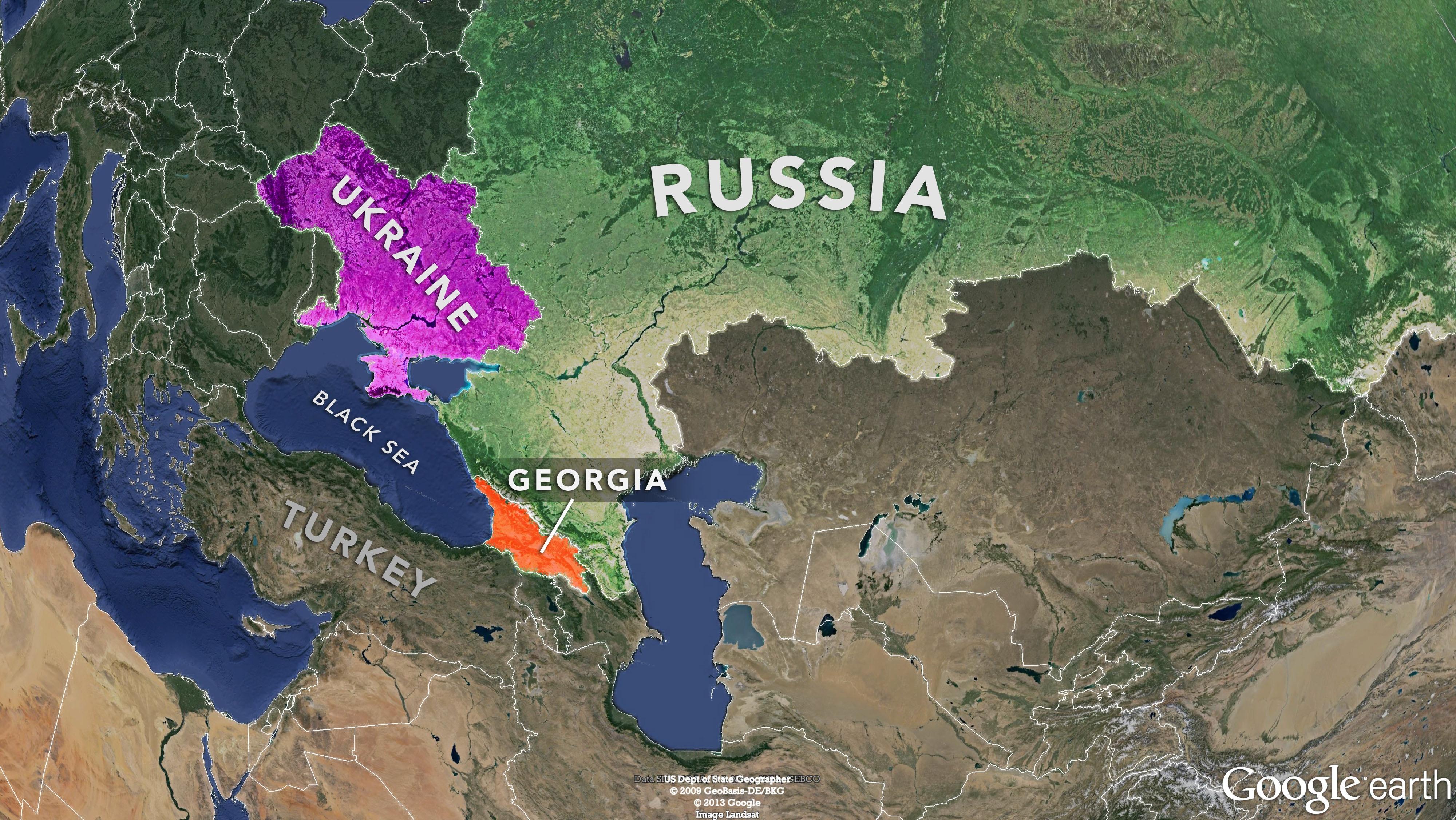Ευρωπαϊκή Ένωση
, ΗΠΑ
, ΝΑΤΟ
, Ρωσία
10 Ιουλίου 2018
Οι πολιτικές διώξεις στην Αν. Ευρώπη για την προετοιμασία του πολέμου με τη Ρωσία (και ένα σημείωμα για την Ουγγαρία, τοn Τράμπ και τους πρόσφυγες)

By Dimitris Konstantakopoulos
We have witnessed during the last two years the multiplication of cases of political repressions in various Eastern European countries, like Poland, where Mateusz Piscorski, leader of the party Smena is detained illegally already for two years, without any accusations formulated against him! But this is not the only authoritarian action of the Polish authorities, which, by the way have been condemned by UN Human Rights Committee and by the Polish Ombudsman (Rzecznik praw obywatelskich) for their actions. Among them the process against the Polish Communist party, the harassment against the trotskyte group “Power to the Councils”, a pro-Palestinian conference and scientific conferences about Karl Marx! To all that you may add the massive expulsion to the streets of impoverished tenants due to the re-privatization process.
It seems that, for the Polish authorities, “Democracy” and “Freedom” were very good as slogans against “Socialism” and the “Russians”, but not so good to be really applied…As for Polish nationalism is of a very peculiar brand. Polish say for instance they are still angry with the Soviet invasion to Poland in 1921 (after a failed Polish invasion of Soviet Russia!) But they cannot explain why in the hell the leaders of this proud nation send their troops to invade, occupy and destroy Iraq in 2003, along with US, Britain and Australia! It seems Iraq cannot have the same right to national independence Poles claim for their country.
We have witnessed during the last two years the multiplication of cases of political repressions in various Eastern European countries, like Poland, where Mateusz Piscorski, leader of the party Smena is detained illegally already for two years, without any accusations formulated against him! But this is not the only authoritarian action of the Polish authorities, which, by the way have been condemned by UN Human Rights Committee and by the Polish Ombudsman (Rzecznik praw obywatelskich) for their actions. Among them the process against the Polish Communist party, the harassment against the trotskyte group “Power to the Councils”, a pro-Palestinian conference and scientific conferences about Karl Marx! To all that you may add the massive expulsion to the streets of impoverished tenants due to the re-privatization process.
It seems that, for the Polish authorities, “Democracy” and “Freedom” were very good as slogans against “Socialism” and the “Russians”, but not so good to be really applied…As for Polish nationalism is of a very peculiar brand. Polish say for instance they are still angry with the Soviet invasion to Poland in 1921 (after a failed Polish invasion of Soviet Russia!) But they cannot explain why in the hell the leaders of this proud nation send their troops to invade, occupy and destroy Iraq in 2003, along with US, Britain and Australia! It seems Iraq cannot have the same right to national independence Poles claim for their country.
More to the South, in Moldova, an intellectual like Iurie Rosca, an internationally known Moldovan is also persecuted by the authorities of the country. His real crime is that Rosca, a militant for democracy since the Soviet times, remains a strong pro-independence and pro-neutrality figure in a country NATO wants to include, as fast as possible.
More to the North, in the Baltic states, the so-called “Russian-speaking” huge minorities in those states, of Russian, Ukrainian or Bielorussian origin, are the object of mass repressions since the demise of the USSR. They are even deprived of their most fundamental political and civic rights, with the complicity of European governments and EU institutions. In both Baltic states and Ukraine, authorities do not object to the open celebration of the most terrible and criminal Nazi or pro-Nazi figures as national heroes. (By the way one wonders why the World Jewish Council and other similar organizations seem so little wondered by Nazi and anti-semitic manifestations in this region, in particular by the Nazi activities in Ukraine. If something like that happened anywhere else in the world, as a minimum they would ask for sanctions against the powers which tolerate such manifestations or they would organize campaigns to remove them from power!)
Except for the Baltic states and Ukraine, political persecutions did not take a massive character and they don’t need to take for the time being. Still those persecutions and the general ideological climate (mostly anti-Russian and anti-Communist, sometimes clearly pro-Nazi) are quite serious indications of the political project they want to serve.
Communists for instance or the Left are nearly inexistent in nearly all Eastern European countries. Those repressions are not justified by any “Communist threat”. As for Russia, it dissolved, at its own initiative, both the Warsaw Pact and the USSR. To claim now it represents a military threat for its ex-dominions it would be utterly ridiculous, if it was not very dangerous. By the way, campaigns to persuade Europeans that Russia is a serious threat are under way in all Europe, including Britain, Scandinavia or Germany, adapted to the particular conditions and the level of consciousness in every European country. In Germany, in 2014, the editor of Handelsblatt himself has compared the treatment of Russia by the local media, with what German newspapers were writing in the beginning of WWI. It is clearly a European wide project to present Moscow under the worse possible light.
Such media campaigns in History usually precede military campaigns, even if in the Russian case it is not so simple. The aim here is not to counter a non-existent Russian threat but to encircle, contain and provoke regime change in Russia and also …


 Ακολουθήστε το
Ακολουθήστε το